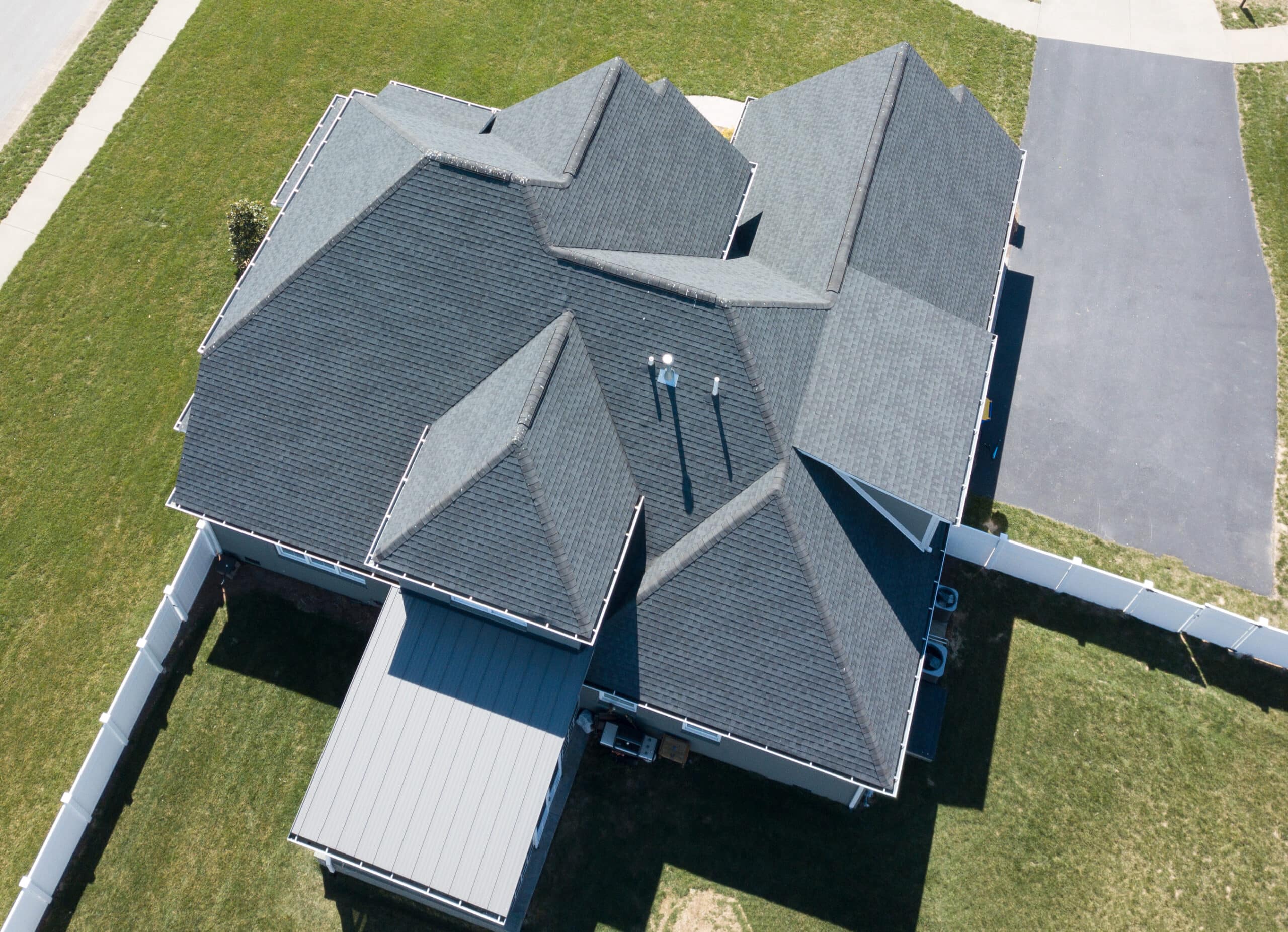
Top Reasons Why Roof Claims Are Denied By Insurance
Are you scratching your head over a denied roof claim from your insurance company? Understanding the most common reasons behind denied claims can help you navigate the insurance process and increase your chances of getting your claim approved. Some of the most frequent causes for denied roof claims include lack of proper maintenance, pre-existing damage, insufficient evidence, and damage caused by excluded events in your policy. It’s crucial to review and understand your insurance policy before an incident occurs and it’s necessary to file a claim. To get a better understanding of the process and common reasons of denied claims, take a look at our blog post ‘Navigating Insurance Claims For Your Residential Roof’ and make sure you’re fully equipped to handle your claim and get the coverage you deserve.
Wear and Tear
When buying a new home, it’s essential to take into consideration the age and condition of the roof. While modern roofing materials have come a long way and are designed to last longer, all materials will eventually degrade over time. If you purchase a house with 30-year-old composite shingles and it starts to leak a few years later, it’s likely that the shingles have reached the end of their lifespan. This is particularly true if the previous homeowner neglected regular maintenance.
It’s important to keep in mind that wear and tear are a natural part of a roof’s life and it’s not always covered under home insurance policies. If you’re considering purchasing a property with an older roof, it’s crucial to factor in the cost of natural degradation into your budget or negotiate with the homeowner before making a final decision. Keep in mind that regular maintenance and inspections can prolong the life of your roof and save you from costly repairs in the future.
Previous Damage
When it comes to roof damage, many areas of the country experience storms that can cause enough damage to warrant a roof replacement under a standard home insurance policy. However, it’s important to keep in mind that your home insurance policy will not cover damage that occurred under a previous policy. Your policy will only cover damage caused by the most recent event. If a combination of old and new damage is causing your roof to fail, your insurance company may deny your claim, stating that previous damage is the main source of the problem. Be sure to understand the coverage of your insurance policy and to document any damage or maintenance done to your roof, in case you need to file a claim in the future.
Partial Damage
For insurance companies to approve a claim for a full roof replacement, the insurance adjuster must determine that there has been enough damage to the roofing system that a partial repair cannot restore the roof to its previous condition. Unfortunately, the standards for determining the level of damage can vary from one insurance company to another and can ultimately be left to the discretion of the insurance adjuster assigned to inspect your roof. This can be a frustrating scenario for homeowners, especially when houses in their neighborhood have been approved for roof replacements but their own claim has been denied.
It’s important to keep in mind that the determination of partial damage is largely based on subjective factors. Therefore, if your claim has been denied for partial damage, it is one of the most likely to be overturned. It’s recommended to speak to the insurance adjuster and request clarification on the reasoning behind the denial and try to appeal the decision with additional information or inspection.
Manufactures Defect
Sometimes, despite manufacturers’ best efforts, defective products end up on your roof, causing it to degrade well before it should. If a manufacturer defect is found to be the cause of your roofing system failure, your home insurance provider is not liable for the replacement costs. Manufacturers often provide standard limited warranties with the purchase of their roofing products, but coverage can vary. Be sure to discuss available warranties with your roofing contractor before installation.
Claims Filed Too Late
Home insurance policies typically state that claims must be filed within a reasonable time and any damaged property must be replaced within 365 days of incurring damage. Failure to file a claim or notify the insurance company in writing, with a valid reason for the delay and an extension request, may result in a denied claim. To avoid this, request a free insurance inspection as soon as possible and work with your preferred contractor to make the necessary repairs.
Insurance Adjuster Interpretation
When having your roof inspected by an insurance adjuster, keep in mind that their expertise may be limited. Insurance adjusters are not professional roofers or contractors and may miss damage due to lack of knowledge. To avoid this, it’s a good idea to have a contractor you trust present during the inspection. They can point out damage and explain why it should be covered by insurance before it gets denied.

Appealing A Claim Denial
If your insurance claim for a roof replacement is denied, there is an appraisal process you can take as the insured to overturn the denial. To minimize the chances of a denial, it’s important to have your roofing contractor present during the initial inspection. This way, they can provide expert support and evidence in case of an appeal.
Once your claim is denied, it’s important to be aware of the time limit to appeal the decision, which can be found by contacting your insurance company. The appeal process should always be done in writing and it’s also recommended to request a resolution date in writing to speed up the process.
During the appeal process, the insurance company may send out another adjuster for a second opinion. At this time, it’s highly recommended to have an experienced roofing contractor or a public adjuster on-site to serve as an unbiased third-party representative. Keep in mind that if you choose to hire a public adjuster, this will be done at your own expense and will not be reimbursed by the insurance company.
If the second adjuster also denies the claim, the appeal will need to be elevated to a claims manager. If all else fails, your options are to file a complaint through the state or to hire an attorney. It’s essential to have evidence that proves that the damage occurred, meets the requirements of your policy, and that it warrants an approval for a full roof replacement.
Understanding Roofing & Building Code
When it comes to repairing or replacing a roof, the expertise of a professional roofing contractor is crucial. Not only will they help you navigate the insurance claim process, but they can also ensure that you’re getting the most value out of your claim. As local and international building and roofing codes are updated over time, it’s important to know that these updates can be included in your insurance claim if your policy includes code coverage. These upgrades can add thousands of dollars worth of protective and energy-efficient features to your home, especially for older properties. It’s highly recommended to have a contractor that is well-versed in local code requirements to ensure that these upgrades are not missed.
Moreover, damage from a roof leak is not just limited to the exterior of your home. The interior of your home can also be affected. An experienced contractor will not only identify and fix the exterior damage but also take the time to check for any interior damage caused by the leak, and ensure that both the exterior and interior repairs are coordinated and covered by the insurance claim.
Get Your Claim Approved With A Knowledgeable Roofing Contractor
The key to a successful roofing claim is understanding the process and having the right team on your side. By working with a reputable and experienced roofing contractor, you can ensure that your claim is handled properly from start to finish. Your contractor can provide valuable guidance and knowledge throughout the claim process, from filing the claim to the final inspection, helping you to get the most value out of your home insurance policy. Make sure to do your research and choose a contractor who can help you navigate the complexities of the claims process and get the outcome you deserve.

Blue Hill Roofing is here to help! If you have any questions about the insurance claims process, or would like our world class team to come inspect your home, give us a call or contact us via our contact page.

